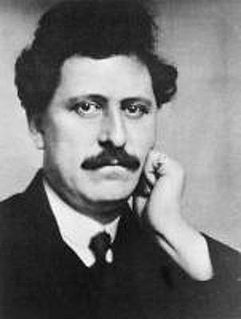A Quote by Denis Diderot
We are far more liable to catch the vices than the virtues of our associates.
Related Quotes
Those who have resources within themselves, who can dare to live alone, want friends the least, but, at the same time, best know how to prize them the most. But no company is far preferable to bad, because we are more apt to catch the vices of others than their virtues, as disease is far more contagious than health.
The modern world is not evil; in some ways the modern world is far too good. It is full of wild and wasted virtues. When a religious scheme is shattered (as Christianity was shattered at the Reformation), it is not merely the vices that are let loose. The vices are, indeed, let loose, and they wander and do damage. But the virtues are let loose also; and the virtues wander more wildly, and the virtues do more terrible damage. The modern world is full of the old Christian virtues gone mad. The virtues have gone mad because they have been isolated from each other and are wandering alone.



































